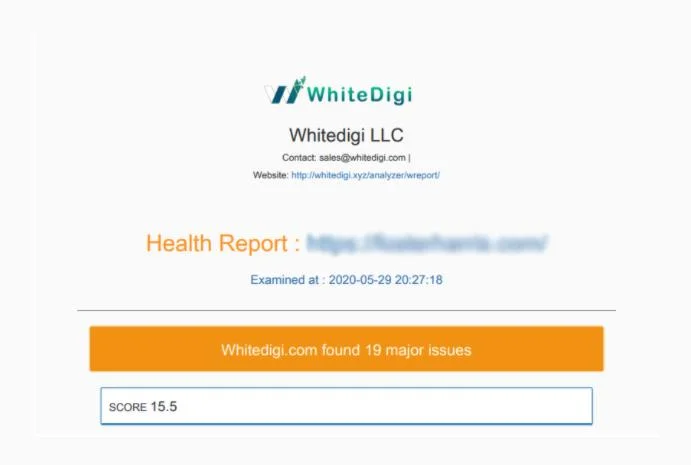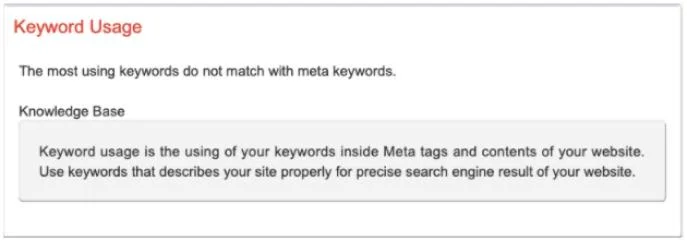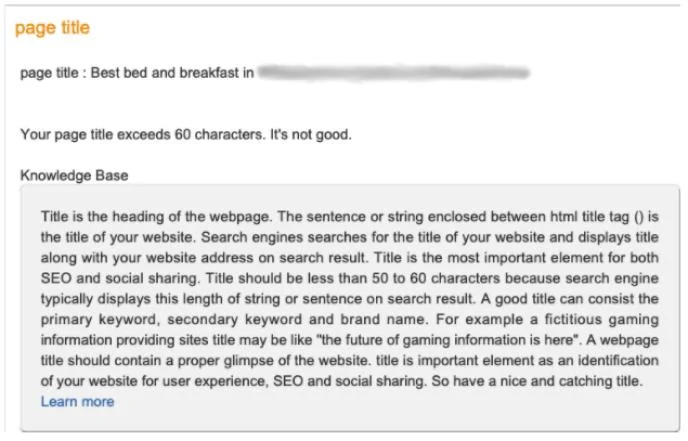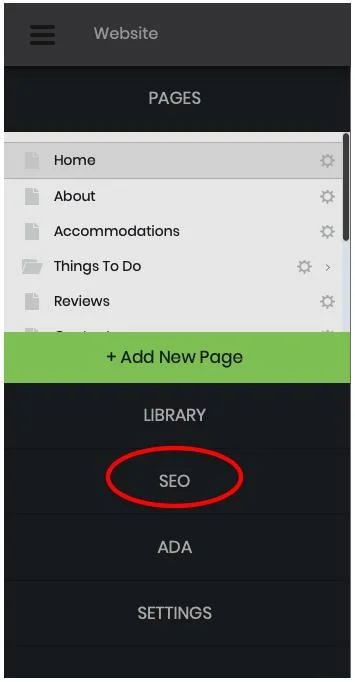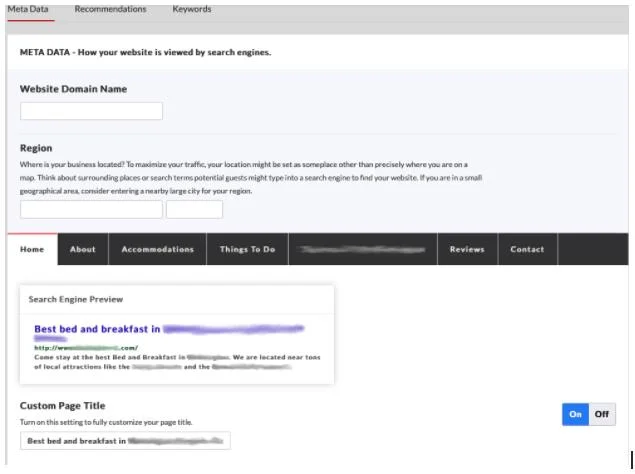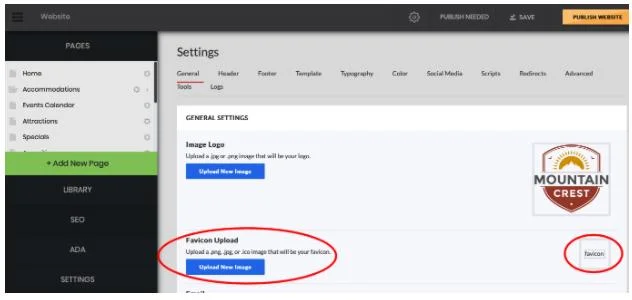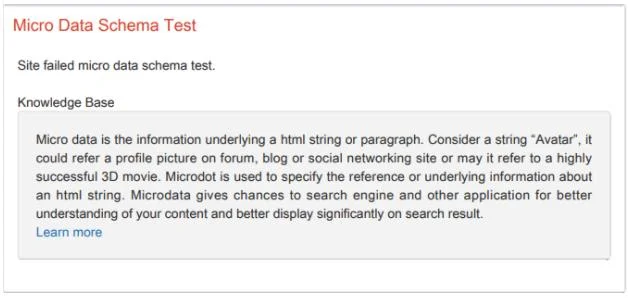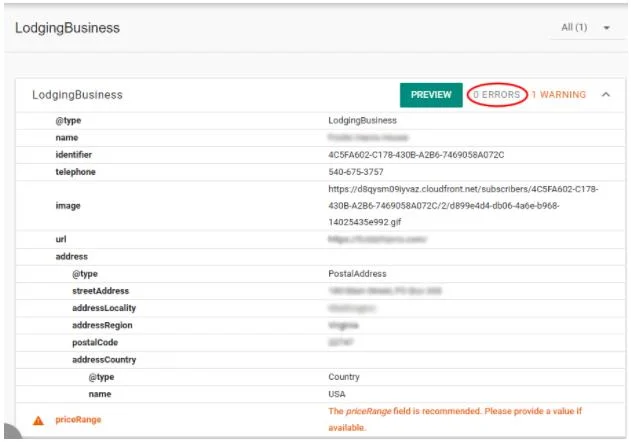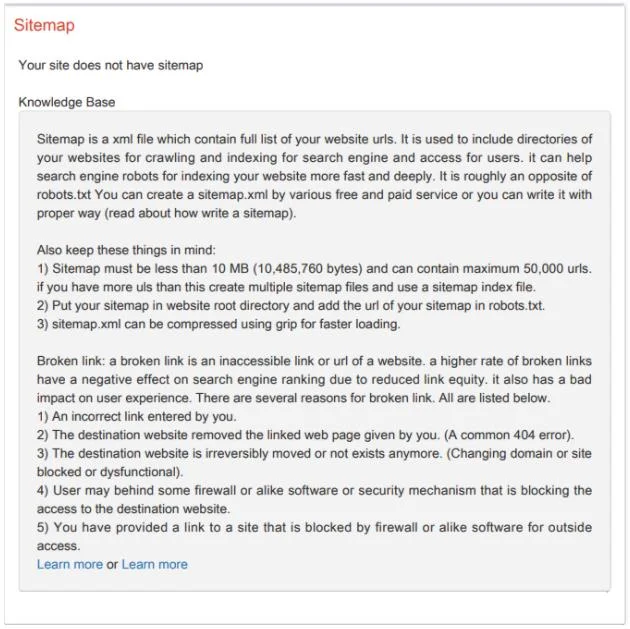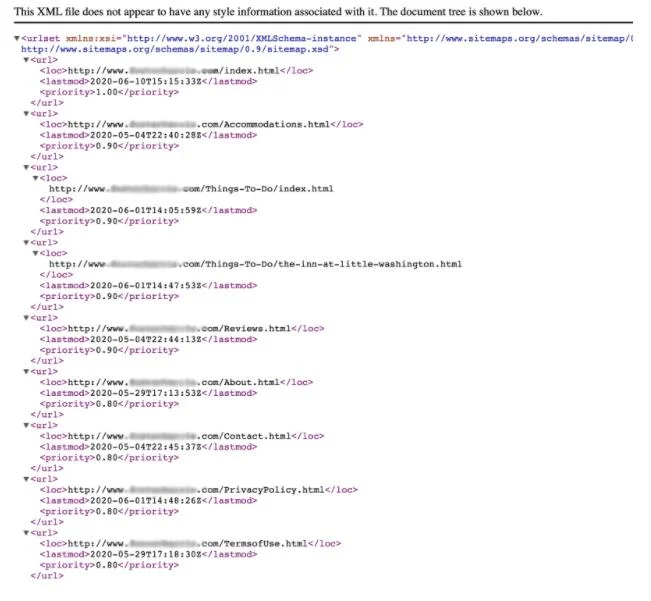Whenever a business owner receives a "Health Report", it is important that they assess it with a critical eye. First, the fact that this "Health Report" is sent unsolicited to business owners should be a good indication that the company is trying to sell something.
A second aspect that may give away the true intent of the health report is that of the contact information. When the soliciting company's contact email is from the sales department (ex. sales@whitedigi.com), it should be a large clue that this is a marketing solicitation attempting to gain your business.
Many of these health reports originate from countries located in Eastern Europe and Asia. Often their reports are poorly constructed and difficult to follow. Grammatical errors abound, and much of the language is incorrectly formulated as if it was completed by a bot using Google Translate.
Once examined, business owners will find that their health report will point out as many negative "warnings" or "defects" as possible to try to inflict worry. All too often these "defects" are things that have little or no effect on SEO performance, can be changed easily for free in your ResNexus web builder, or are factually incorrect.
Using a recent "health report" received by one of our ResNexus website customers, here are some examples of what we mean.
Superficial Defects
In the report received by a ResNexus customer, the soliciting company ("Whitedigi") claims to find 19 "major issues". The fact that all issues in the report are labeled "major" is evidence of solicitation by attempting to increase the worry and concern of the business owner.
In fact, as mentioned before, many of these "defects" have little to no effect on SEO and would be considered minor at most, and are often just cosmetic. For example, the health report states that the site does not have any meta keyword:
